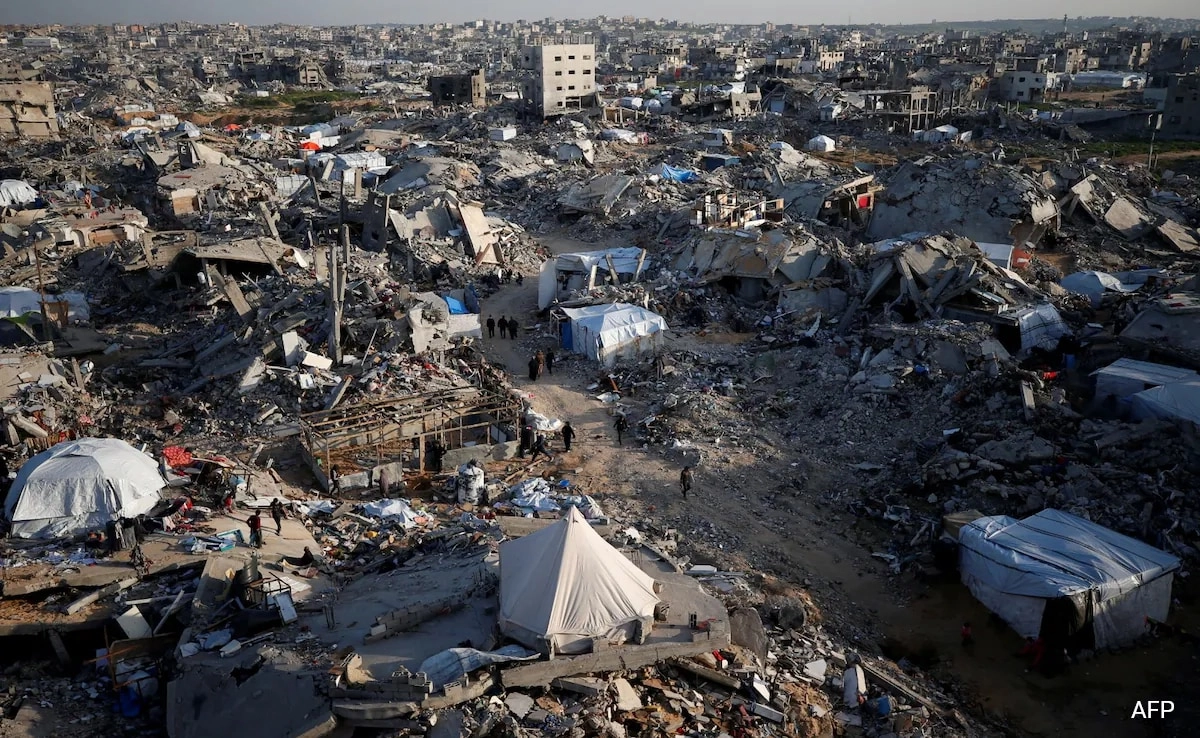Israeli Prime Minister Benjamin Netanyahu has articulated a strategic plan aimed at addressing the ongoing conflict in Gaza. In a recent statement, he emphasized Israel’s intention to take control of the region, which has long been a focal point of tension in the Israeli-Palestinian conflict. Netanyahu’s proposal suggests that after establishing control, Israel would subsequently transfer authority over Gaza to Arab forces. This move aims to stabilize the region and ensure a more effective governance structure that could potentially lead to lasting peace.
The rationale behind Netanyahu’s strategy is rooted in the desire to mitigate the impact of militant groups operating within Gaza, particularly Hamas. By asserting control, Israel seeks to disrupt the cycle of violence that has plagued the area for years. The Prime Minister believes that involving Arab forces in the governance of Gaza could facilitate a more cooperative approach to security and administration, leveraging regional alliances that might be more attuned to the complexities of the local dynamics. This approach raises questions about the feasibility of such a transition, especially considering the historical context of the Israeli-Palestinian relationship and the various factions involved.
Critics of Netanyahu’s plan have voiced skepticism over the prospect of Arab forces effectively managing Gaza. Concerns include the potential for increased tensions among different groups within Gaza and the broader implications for regional stability. Additionally, there are doubts about whether external forces can truly address the underlying grievances of the Palestinian population. As discussions continue, the international community is closely monitoring the situation, weighing the potential benefits and risks associated with this proposed shift in governance. The challenge remains in balancing security interests with the aspirations of the Palestinian people for self-determination and peace.
As Netanyahu moves forward with this initiative, the implications of such a strategy could resonate beyond Gaza, affecting Israel’s relations with neighboring Arab nations and the broader Arab world. The success or failure of this plan could redefine the landscape of Middle Eastern politics, particularly in terms of how regional powers interact with the longstanding Israeli-Palestinian conflict. Ultimately, the question remains: can this approach lead to a sustainable resolution, or will it merely serve as a temporary measure in a complex and deeply entrenched situation? The coming months will be critical in determining the effectiveness of Netanyahu’s vision and its impact on the future of Gaza and its people.




